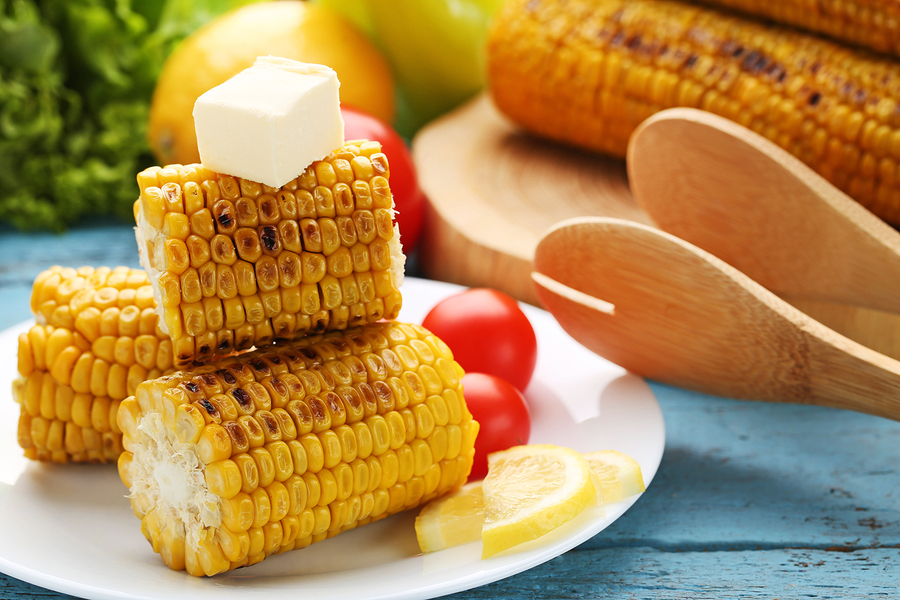- Make It Yourself Lavender Heart-Shaped Bath Bombs!
- 20 Things You Never Knew About “Down There”
- 12 Best Foods For Those Suffering From Arthritis Pain
- 12 Personal Hygiene Mistakes Almost Everyone Makes (Mom Never Told You About #4!)
- 15 Medicinal Plants And Herbs From The Cherokee People
- 12 Mind-Blowing Benefits Of Drinking Coconut Water During Pregnancy
- 12 Outstanding Winter Foods That Won’t Fatten You Up Like A Christmas Turkey
Why Is Butter Better?
8. Helps keep your heart healthy
While you may not think “butter” and “healthy heart” in the same sentence, butter has antioxidants that help to keep your arteries from becoming weak. It also contains lecithin, which is important for maintaining the metabolism of your cholesterol levels.
9. Helps in the development of young children
Butter has cholesterol that helps a child’s brain develop and is important in the development of their nervous system.
10. Which kind of butter is the best?
While many people believe that organic, raw butter t is the best, it is not available because it is required to be pasteurized in order to be sold in the U.S. You can make your own butter just by whipping organic cream, or you can look for the butter from grass-fed cows. Many people have become aware of such butter because of the Paleo diet, which only allows products from grass-fed animals.
11. The latest findings regarding dementia
Even though many people have shied away from rich fats such as butter for a long time, the latest findings show that those who eat more fat have a “risk reduction” of getting dementia while those who eat more carbohydrates have a higher risk.
READ ALSO: A Variety of Surprising Chicory Health Benefits!
It is very easy to add butter to your daily routine. You can start off with butter on your toast in the morning, butter on your vegetables for lunch or dinner, and any number of sauces that you can drizzle over meat, chicken or fish entrees can contain melted butter. Starting at birth, children need fats such as from butter for the growth of their brain, for their heart, and for their immune system.
References:

































